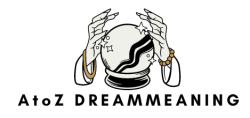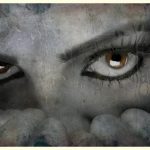Jung, Carl
Carl Gustav Jung (1875–1960) shared Sigmund Freud's belief in the existence of the unconscious. However, he views the unconscious as more spiritual than animalistic, instinctual, or sexual. Due to their divergent perspectives on dreams, Jung and Freud eventually fell out.
In Jung's view, dreams are a means of connecting with and getting to know the unconscious. Dreams are a window into your unconscious rather than an attempt to hide your true emotions from the waking mind. They offer a solution to a problem you are currently experiencing in your waking life and serve to guide the waking self toward achieving wholeness.
The ego, according to Jung, is your sense of self and how you present yourself to the outside world. According to a portion of Jung's theory, all things can be seen as paired opposites, such as good and evil, male and female, or love and hate.
Thus, the "counter ego," or what he calls the "shadow," is at work in opposition to the ego. The shadow stands for the parts of yourself that you have rejected and do not want to acknowledge. The shadow is less refined, less sophisticated, and a little awkward.
C.G. Jung's (1875–1960) theories are still useful for insight into the world of dreams.

Since his time, many other theories have been put forth, and some of his ideas now seem outdated in light of more recent scientific and cultural advancements. But his essential writings on the nature and significance of dreaming continue to be among the most profoundly insightful writings on dreams of any past or present Western psychologist.
There is much agreement with Freud and one significant difference.
Sigmund Freud, Jung's early mentor, taught him several fundamental concepts (1856-1939). Jung and Freud both concurred that dreams are a significant byproduct of unconscious forces in the psyche that have deep evolutionary roots in our species. They both agreed that dreams could help those battling various mental illness recover.
Both sought to understand the nature of dreaming in mythology, history, and art by looking beyond the confines of brain science. They used the most cutting-edge neuroscience of the time to support their theories. They both believed that by learning more about dreams, we could unravel the enigmas surrounding the relationship between the mind and body.
The most important distinction between Freud's and Jung's theories of dreams was that Freud's method looked backward and concentrated on the early experiences of life as the causal sources of dreams. Jung's method looked ahead to understand where the dreams might be going and what they might indicate about the person's future development.





